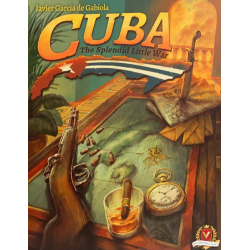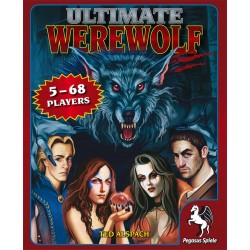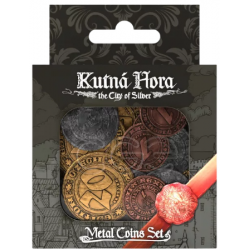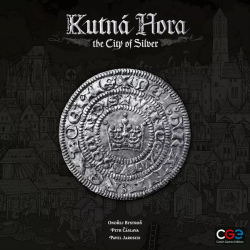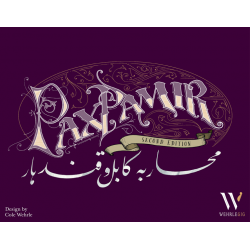No products in the cart.
Active filters
Cuba: The Splendid Little War
Cuba: The Splendid Little War, from designer Javier Garcia de Gabiola, is a two-player simulation of the third War of Cuban Independence, which lasted from 1895 to 1898. (This was the last of the three liberation wars fought between Cuba and Spain; the previous wars were the Ten Years\' War (1868-1878) and the Little War (1879-1880). One player controls the forces of the Spanish colonial government, fighting to retain Cuba; the other player controls the Cuban rebels fighting for their independence.
Imperial
Each player represents an international investor. The players attempt to increase their capital and gaining influence in the most powerful European nations.
Ultimate Werewolf
16th Century: Suddenly the peaceful country life is over for the inhabitants, because there are some unfriendly werewolves hiding in the small village. The werewolves are slowly spreading and a real danger for all the humans, who live there. Can you rescue the complete village with the other loyal citizens before it is destroyed?
Kutná Hora: The City of Silver – Metal Coins Set
Kutná Hora: The City of Silver - Metal Coins Set
Based on the Prague groschen, the coin minted from Kutná Hora\'s silver for over 200 years.
Game Accessory includes:
10 Twenties
16 Fives
25 Ones
Coin holder
Kutná Hora: The City of Silver
Join other ambitious guild leaders in mining and developing the famous City of Silver during its period of rapid economic growth and expansion in the 14th century — from the first discovery of silver near the Cistercian monastery to the construction of Kutná Hora, which quickly became one of the most important cities in central Europe.
Kutná Hora: The City of Silver is a historical city-building Eurogame for 2-4 players that features a real-life supply and demand experience in which every action you take has an impact on the game\'s dynamic economic systems.
Pax Pamir: Second Edition
In Pax Pamir, players assume the role of nineteenth century Afghan leaders attempting to forge a new state after the collapse of the Durrani Empire. Western histories often call this period "The Great Game" because of the role played by the Europeans who attempted to use central Asia as a theater for their own rivalries. In this game, those empires are viewed strictly from the perspective of the Afghans who sought to manipulate the interloping ferengi (foreigners) for their own purposes.

